
Real impacts of sanctions
The editorial of Ghanoon Daily suggests that the real impacts of U.S. sanctions against Iran will become clear after the beginning of sanctions on November 4, holding that what we are witnessing now are rather their psychological outcomes.
According to the editorial, one of the main concerns in Iran is the economic conditions of the country after November 4 when the sanctions will be actually imposed on the country. It seems that the reduction in producing and selling oil has already happened, which means that sanctions have already started for months.
The editorial goes on to say that the very fact that the U.S. announced imposing sanctions on 20 entities shows that the sanctions have already started. The most important part of sanctions is selling oil— which has already experienced reduction. Therefore, nothing extraordinary is going to happen after November 4— perhaps, just a bit more reduction in selling oil.
The editorial adds that it seems that after November 4, the real outcomes of the sanctions will be revealed in the society — not the psychological impacts that can be currently witnessed. What we have seen so far, according to the editorialist, has been the psychological effects of the sanctions. What is more, after November 4, Europeans are going to decide about what to do with Iran.
The editorial concludes that all together it seems that when the dust settles after November 4, the real economic conditions in the country will become clear. It is only then that the effects of the sanctions will be really seen.
Ghanoon Daily, October 24, 2018.
Psychological consequences of November sanctions more than actual fallouts
The editorial of Arman Emrooz focuses on why psychological consequences are more important than their actual fallouts.
The editorial explains that before the nuclear deal, the United States had imposed many unilateral sanctions against Iran during the past 40 years. After the nuclear deal, which was an international accord and signed during former President Obama, the US agreed to stop its unilateral sanctions. As a result, not only the U.N. sanctions but the U.S. sanctions were halted. When Donald Trump became the U.S. president, he promised to pull out of the nuclear deal, as a result of which the unilateral sanctions would return.
The editorial continues that the U.S. will return the sanctions and will impose new sanctions against Iran as well. It must be acknowledged that previous sanctions were not very severe, but the United States intends to expand them. Thuis means old sanctions in addition to new ones will be imposed against Iran.
The editorial adds that it must be admitted that in politics, the propaganda and psychological impacts are very important. Just as these sanctions have not been imposed and have had no actual effects on the society yet, but they will have psychological impacts on people, simply because they are aware of the pending sanctions.
The editorialist holds that the Americans will impose sanctions on Iran, and the impact of these sanctions are more psychological than actual. It means if Iran is not capable of exporting oil, and it will not have any revenues to purchase the necessary goods from other countries. As a result, the prices will rise. This indicates the sanctions will have a psychological impact on the society.
The editorial concludes that the sanctions depend on both Iran and the United States. If both sides reach an agreement or start to negotiate, the impact of sanctions might alleviate. But if the hostile situation between the two countries continues, it will naturally have an adverse impact on Iran’s economy, society, and culture. If the current situation goes on, one cannot be optimistic in the short run.
Arman Emrooz, October 23, 2018.
Empty tables of those receiving wages!
The editorial of Tejarat online deals with the devastating impact of the reduction in the value of national currency on the lives of Iranian workers who receive wages. The editorial asserts that with a reduction in the value of the national currency, we are witnessing a drop in the level of income of those workers who are employed or retired in Iran. As a result of this reduction in the value of a national currency due to Trump’s sanctions against Iran, workers and retirees in Iran have been mostly affected. The basket of goods of this group in Iranian society has strongly alleviated, and they are gradually moving towards poverty.
The editorial continues, “On the other hand, the reduction in the value of the national currency may have negative impacts on the education, health, and eventually the food in these families. Because as the result of the reduction in power of purchase of these people, they might actually lose 48% of their purchase power compared to the beginning of this year.”
The editorial adds that some expenses in the housing sector have resulted in migration to the metropolises, and the price of consumable goods has had an inconceivable rise during this period. The speed of these changes in the livelihood of workers’ families has made it impossible to adjust to these conditions, and it has resulted in dissatisfaction amidst this group of people.
In the end, the editorialist suggests that the government should take the following steps:
focus on support packages to keep essential goods on the table of workers households; and make the wages adjustable to keep up the power of purchase of this group.
Tejarat online, October 22, 2018
Impact of foreign currency rate on Iran’s trade balance
The editorial of Jahan Sanat focuses on the significance of foreign currency rate for imports and exports in Iran.
The editorial asserts that under Iran’s turbulent conditions in which the United States withdrawing from the nuclear deal and the return of sanctions have resulted in restrictions for foreign currency revenue and political and economic isolation of Iran, the issue of developing exports has become more important. Now given the fact that in common language of global trades, 50 to 70 percent of each country’s trades are with its neighbors, we have witnessed 21% decrease in Iran’s exports to Turkey in the first six months of the Iranian year (starting in March) compared with last year.
The editorial continues, “In reality, trade with neighboring Turkey had not only been fruitless for the country, but it has imposed $378 billion trade deficit on Iranian economy in the first six months of the year.”
The editorial adds that the correct understanding of political and economic variables can help in resolving the country’s problems. One of the most important variables over the country’s economy is determining the rate of foreign currency. The rate of foreign currency plays two roles in a country’s economy. On the one hand, increase in the rate of foreign currency will improve the power of competition in foreign markets. On the other hand, if exports cannot be developed, then an increase in the rate of foreign currency will result in high prices and inflation in the country.
The editorial concludes that even though the increase in the rate of foreign currency can be a motivation for developing exports and improving the trade balance, it is optimistic and unrealistic to think that increase in foreign currency rate will solve the problems of exports in Iran.
Jahan Sanat, October 22, 2018.

Khamenei: officials must be transparent
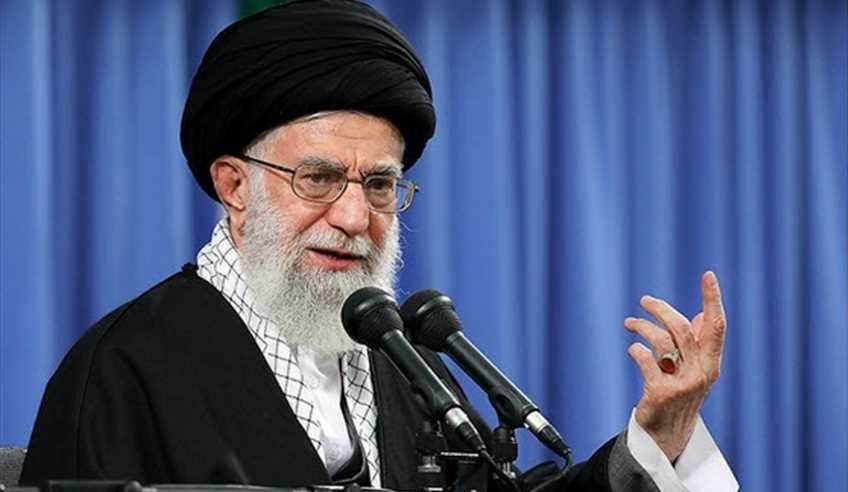
Iranian Supreme Leader Ali Khamenei said that except for military and security issues and affairs, in which there is a confrontation with the ‘enemy’, the Iranian officials must be transparent and keep no secrets from the people. He urged that there is no place for transparency in issues of war, or security and military issues, but in other issues, the officials Should not hide anything from the people.
Young Journalists Club
Grand Ayatollah: people earn a livelihood with a lot of difficult
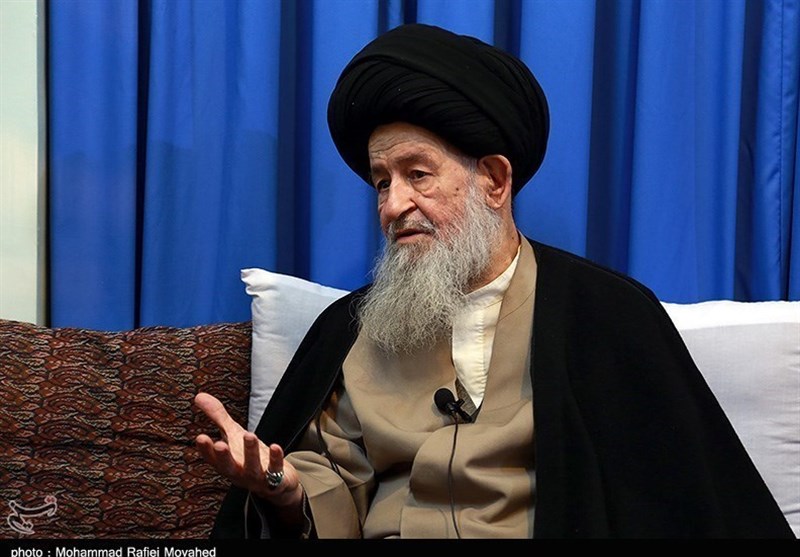
Ayatollah Alavi Gorgani, Shi’a source of imitation, pointed out to high prices and problems that exist in Iran, saying that people’s livelihood has become very difficult, and this willlead to corruption.. He added that if there are no monitoring organizations within the country, many problems will be emerge, urging that there should be more supervision over the distribution of goods as the reputation of the country depends on this.
Tasnim
Two Iranian ministers resigned
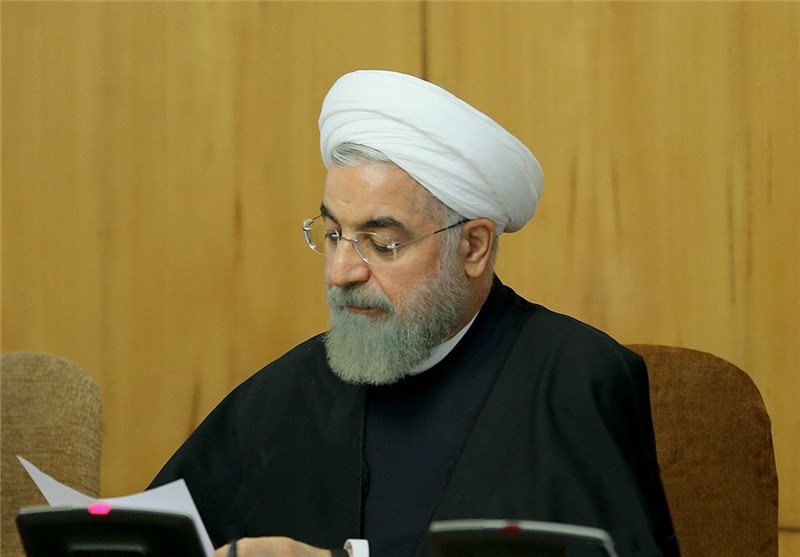
Iranian President Hassan Rouhani accepted the resignations of Abbas Akhundi and Muhammad Shariatmadari from and the Ministry of Industry, Mining and Trades and the Ministry of Roads and Transportation. He appointed two people as caretakers of these two ministries.
Tasnim
Lawmaker: Ayatollahs in Qom asked to convince supreme leader for talks with the US
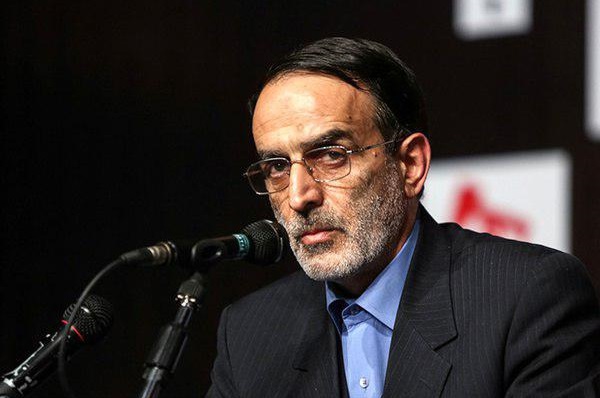
MP Javad Karimi Ghodoosi wrote in his twitter, “In recent days, some members of the government have gone to Qom and met with grand ayatollahs [Shi’a’s sources of imitation.] They have asked them to call the supreme leader to convince him to issue the order of negotiating with the criminal America. This is an example of great treason.”
Khabar online
Keyhan daily blasts head of Parliament’s National Security Commission for FATF

Hardline Keyhan severely criticized MP Heshmatollah Falahatpisheh for justifying joining FATF, which, “will open a highway for security and intelligence infiltrators and can jeopardize the security of the nation.”
Falahatpisheh had recently said— with regard to attacking against border forces and taking them as hostages— that “unfortunately some negligence put the lives of the youths and border guards at risk,” adding that many of such incidents are preventable.
Criticizing Falahatpisheh, Keyhan wrote that “if the secret intelligence of military and security forces fall in the hands of enemies – which is the inevitable demand of FATF and CFT – then who will be responsible for such negligence?’
Khabar online
Kermanshah prosecutor: indictments for 8 government managers
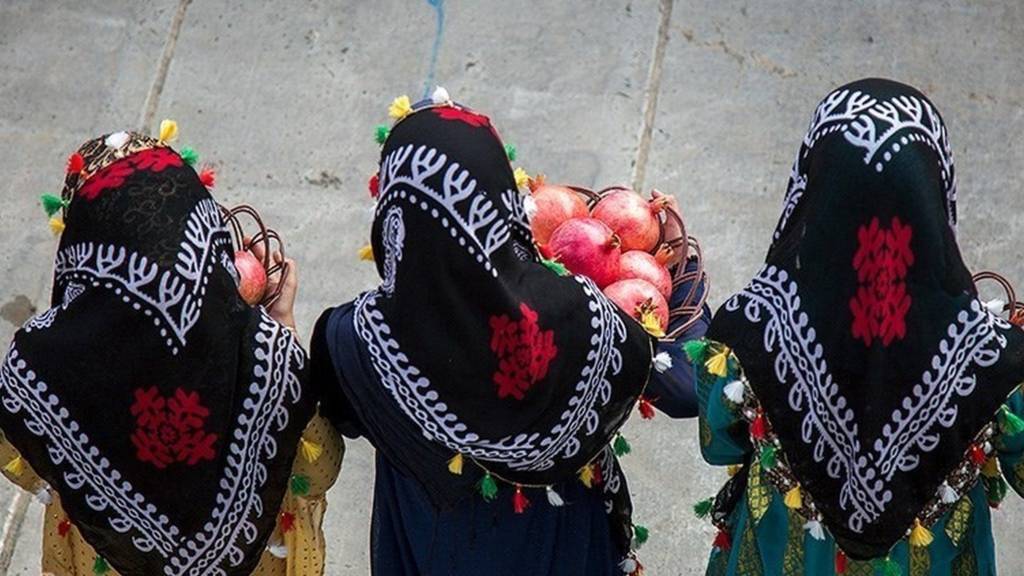
Mohammad Hossein Sadeghi, the Prosecutor General in Kermanshah, announced that eight former managers of a government company have accused of “squandering government’s money.” Sadeghi added that these people have been questioned for the insufficient study they carried out for implementing the project before signing the contract, and for the numerous extra payments, and an unusual delay in making the project operative.
BBC Persian
Mojtaba Zarei: Zarif threw Iran back to Middle Ages
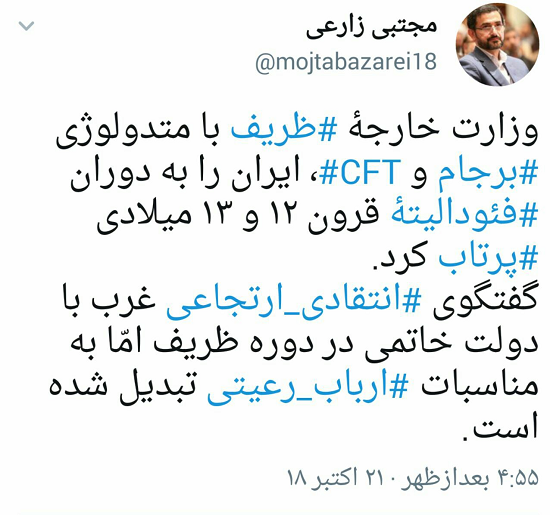
Head of Academics Basij, Mojtaba Zarei, wrote in his twitter that Iranian FM Mohammad Javad Zarif, with the nuclear deal and CFT, has thrown back Iran to the 12th or 13th-century feudalism in the Middle Ages. He added that the West’s critical-reactionary talk with Khatami’s government has now become a master-slave relationship under Zarif.
Bartarinha

IRGC Cooperative Foundation pulls out of Etemad Mobin Company
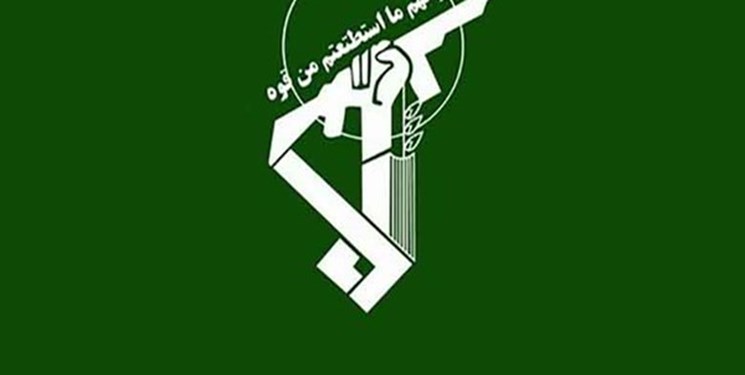
In a statement, public relations of IRGC Cooperative Foundation announced a pullout of this foundation from Eteman Mobin Trust Consortium. This is announced after Iran’s Supreme Leader Ali Khamenei assigned Chief of Staff of the Iranian Armed Forces Major General Mohammad Baqeri to entrust economic businesses that belong to IRGC, Army and Defense Ministry, but are not “related” to them.
SNN
Tehran prosecutor: Central Bank injected $18.5 billion to market in 6 months
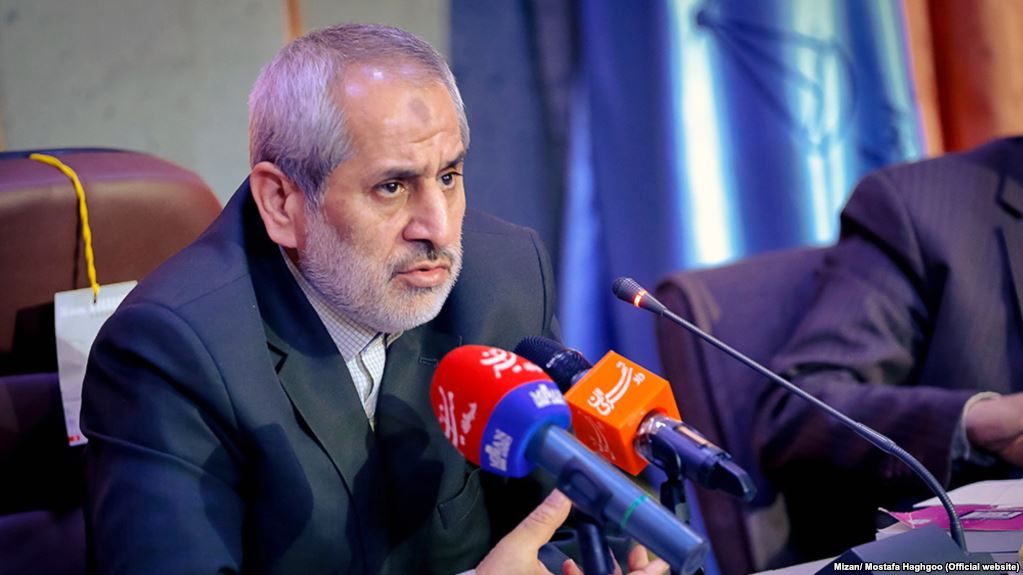
Tehran Prosecutor Abbas Jafari Dolatabadi announced “53 suspects with regard to foreign currency” have been arrested in the past ten days. While admitting that the government’s plans for controlling the currency market have failed, Dolatabadi added that the Central Bank of Iran has injected $18.5 billion to the foreign currency market in past 6 months to stabilize the rate of currency.
After the crisis in Iran’s currency market, the judiciary officials have arrested more than 1000 illegal dealers of currency and gold coins, and the courts have been held for tens of the detainees.
Radio Farda
Interior minister: relative stability in the market
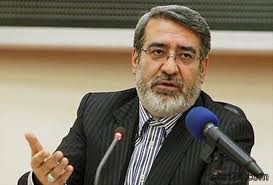
Following recent strong turbulence in Iran’s economy and market and the fluctuation in the foreign currency and gold coin markets, Iranian Interior Minister Rahmani Fazli claimed that “we are witnessing relative stability in the market.” He urged that the approaches that have resulted in this stability in the market must continue.
Vista
Zarif: We will sell oil, preserve our economy
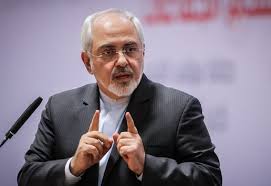
Iran’s FM Mohammad Javad Zarif said in an interview with a Japanese news agency that currently Iran can sell its oil and preserve its own economy. He added that the U.S. administration can return the nuclear deal – from which it has illegally pulled out – and can pave the way for negotiations with Iran, after rescinding sanctions that it has imposed on Iran after withdrawing from the deal. Zarif urged that as a result of the U.S. behavior, the willingness to turn to negotiations with this country has become under question.
ISNA

Defense minister: naval achievements to unveil
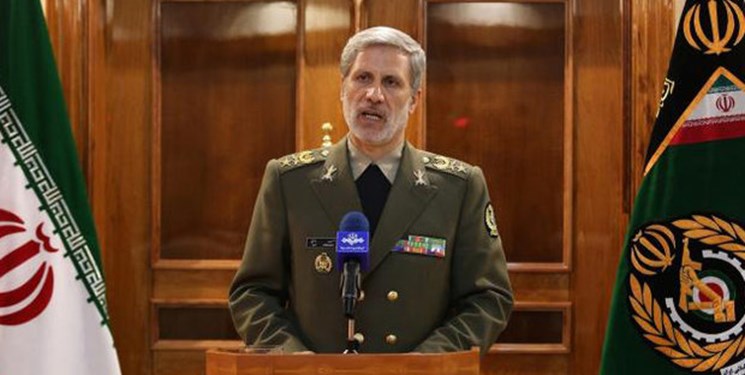
Major General Amir Hatami, Iranian Defense Minister, said that important steps have been taken in the naval field to equip the naval forces of Army, IRGC and law enforcement, adding that in future, big achievements are to be unveiled in this field. He called for further progress in aerospace and defense and air industries conspicuous, urging that despite the “unjust” sanctions, experts and scientists of defense ministry have been able to surmount the obstacles.
Fars news

Lawmaker: many new sanctions against Iran by the US
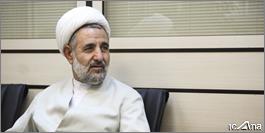
Mojtaba Zolnoori, head of Parliament’s Nuclear Committee, said in the new round of U.S. sanctions against Iran after withdrawing from the nuclear deal (JCPOA), many new sanctions have been included. He urged that during the period of implementing the nuclear deal after the US pullout, new sanctions have been imposed against Iran, which are in complete violation of JCPOA.
ICANA
Salehi visits the latest achievements of Nuclear Reactors Fuel Company
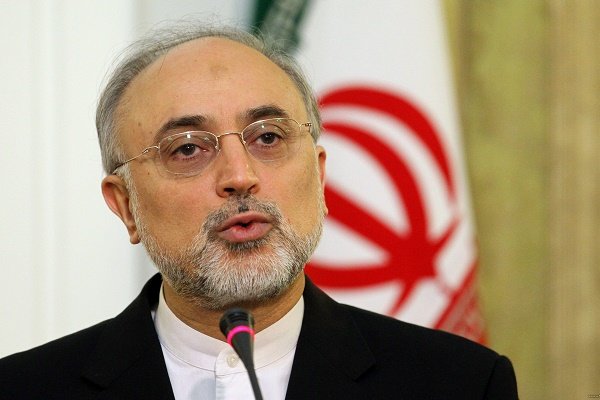
Head of Atomic Energy Organization of Iran Ali Akbar Salehi went to Isfahan to visit the recent major achievements in the Nuclear Reactors Fuel Company, and closely follow up the current projects of this company. Among the important projects, that were visited in this trip, were the project for building fuel for redesigned heavy water reactors and manufacturing units of UF6 and UF4.
Mehr news
Iranian ambassador to London worried about the US pulling out of nuclear treaty
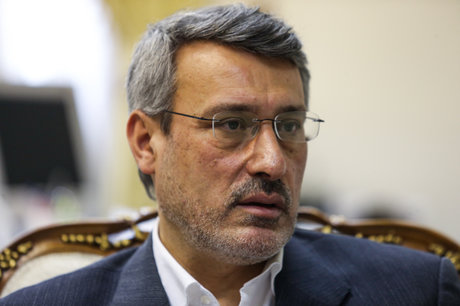
Hamid Baeidinejad, Iran;s Ambassador to London, expressed worries about the U.S. possible pulling out of the 1987 Intermediate-Range Nuclear Forces (INF) treaty. He wrote in his twitter, “Intermediate-Range Nuclear Forces (INF) treaty played a significant role in preventing the nuclear arms race and creating global security by destroying intermediate-range missiles. The U.S. withdrawing from this treaty and deploying nuclear missiles again will lead to heightening the cold war and global strategic instability.’
ISNA

Jaberi Ansari: We hope Idlib to go to Syrian government without extensive human casualties
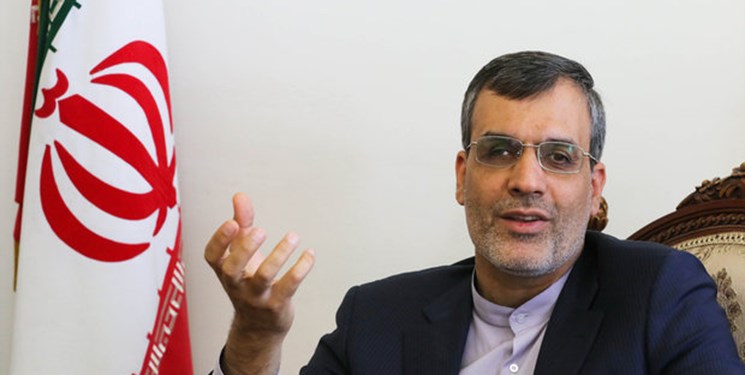
Hossein Jaberi Ansari, the Senior Adviser to the Iranian Minister of Foreign Affairs said, “we hope that the possibility of solving the issue of Idlib without any casualties is created step by step, and this region is returned to the government without extensive humanitarian expenses.” Pointing out to the trilateral meeting of ranking officials of the three guarantor states of the Syria peace process that will be held in Moscow, Jaberi Ansari added that in a trip to Moscow, there will be consultations about regional crises and developments in Syria and Yemen.
Iran-Iraq joint operation room in Mehran border
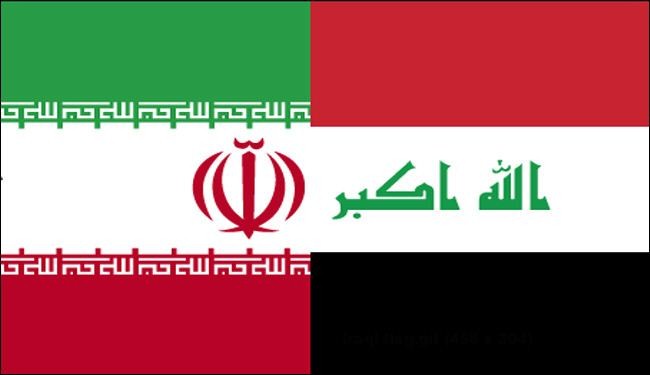
Commander of Iran’s Border Police Brigadier General Qassem Rezaei, announced the formation of a joint operation room between Iran and Iraq. He added that the goal of forming this joint operation room is monitoring the traffic of Arbaeen pilgrims between the two countries.
Eghtesad Online
Aminzadeh: No country can claim Iran’s triple islands
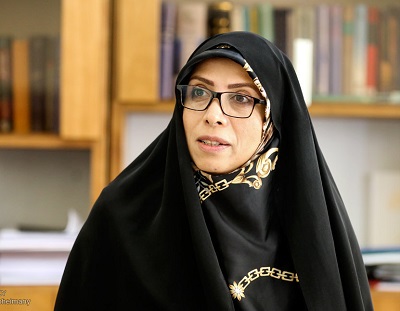
Former legal deputy of Iranian president said that the triple islands of Abu Musa, Greater and Lesser Tunbs historically belong to Iran, and no country can have any claims about them. Elham Aminzadeh said, with regard to recent remarks of Emirate officials about these triple islands, that these three islands belong to Iran according to law and documents . Recently UAE MP has made some claims to these triple islands in the Gulf.
Young Journalists Club
Foreign ministry seeks to facilitate issuing visas of Gulf countries
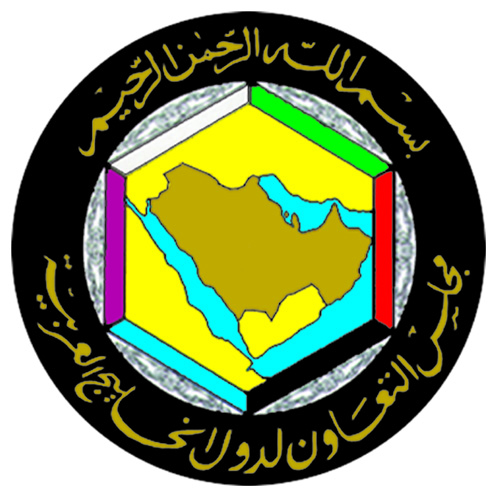
In response to a lawmaker’s question why Iran’s agencies in the Gulf countries issue visas with difficulties, Iranian FM Mohammad Javad Zarif said that “we are after facilitating the issuance of a visa, and we are taking the necessary measures in this regard.” Zarif added that Iranian embassies are using all their capacities to develop economic diplomacy and will not stop anything in this regard.
Afkar news
Zarif’s aide and UN’s political official talk about Syria
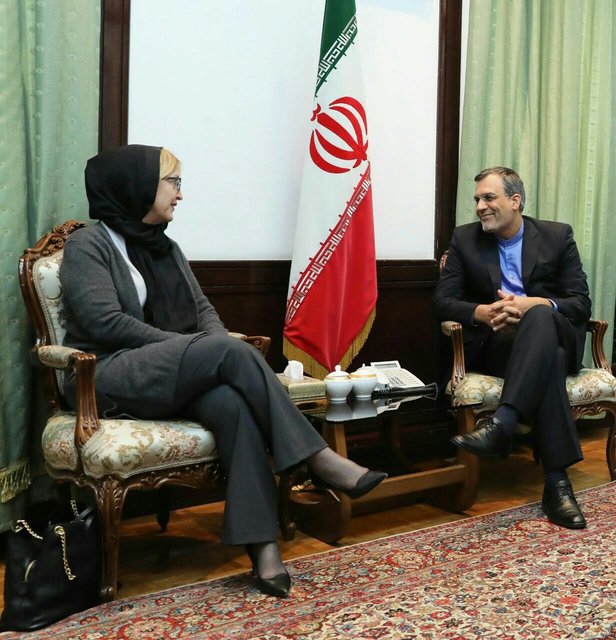
Susanne Rose, Director of \ Middle East and West Asia Division at the United Nations, met in Tehran with Iran’s Foreign Minister for Special Political Affairs,Hossein Jaberi Ansari They discussed the latest regional issues, particularly ways for ending crises in Syria and Yemen through talks.
ISNA

French parliamentary delegation meets with the political deputy of foreign minister
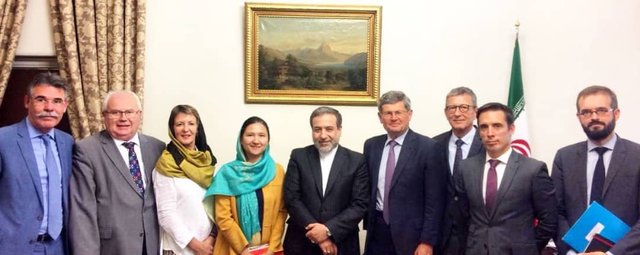
French parliamentarian delegation that has tripped to Iran met with Abbas Araghchi, political deputy at the Ministry of Foreign Affairs of Iran,, and discussed mutual, regional and international issues. Araghchi welcomed measures of France and Europe in preserving and implementing the JCPOA, as well as France’s resolve in confronting the U.S. unilateralism, while expressing hope that the efforts of Europe and France may lead to executive solutions. He added that the U.S., with its unilateral, illegal measure in pulling out of the JCPOA, has not only violated the resolution of U.N. Security Council but is also forcing and encouraging others to violate it. This, according to Araghchi, will exacerbate the political complications in the Middle East.
The heads of French delegations emphasized on French parliament’s support for the JCPOA, saying that finding a mechanism for banking transactions and Iran gaining the advantages of the nuclear deal is a priority, which is earnestly followed up by France.
ISNA
Zarif: unconditional talks with the US with mutual respect
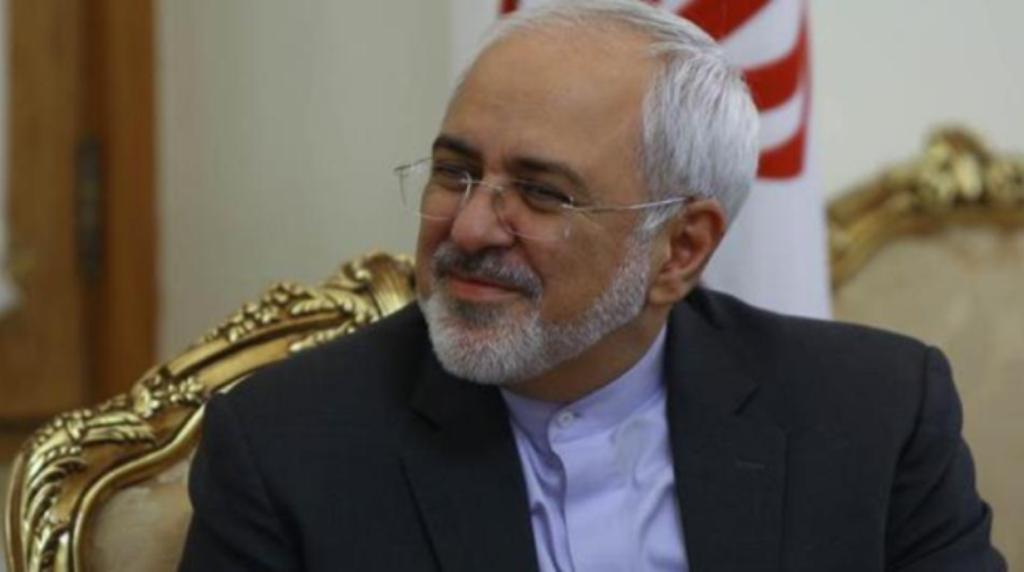
Iranian FM Mohammad Javad Zarif said in an interview with a Japanese news agency that Iran’s policy is unconditional talks based on mutual respect, which is “why we believe the United States is not ready for negotiation.” He urged that when the United States has mutual respect in its agenda, Iran will think of negotiation unconditionally and openly. According to Zarif, Iran has no preconditions for negotiations with the United States, but sees mutual respect, not trust, as necessary in any negotiations.
IRNA
Lawmaker: the US admits defeat against Iran

MP Mostafa Kavakebian pointed to the U.S. recent diplomatic failure, saying that the United States was after cutting sale of Iran’s oil to zero, but the U.S. Secretary of Treasury announced that they could not do so, admitting that they could only reduce Iran’s oil by 20%. Kavakebian called this the U.S. admitting defeat. He added that “bully, unhinged Trump tasted defeat, and reduction in selling oil resulted in an increase in oil price.”
Bartarinha
Iran calls the US claims groundless
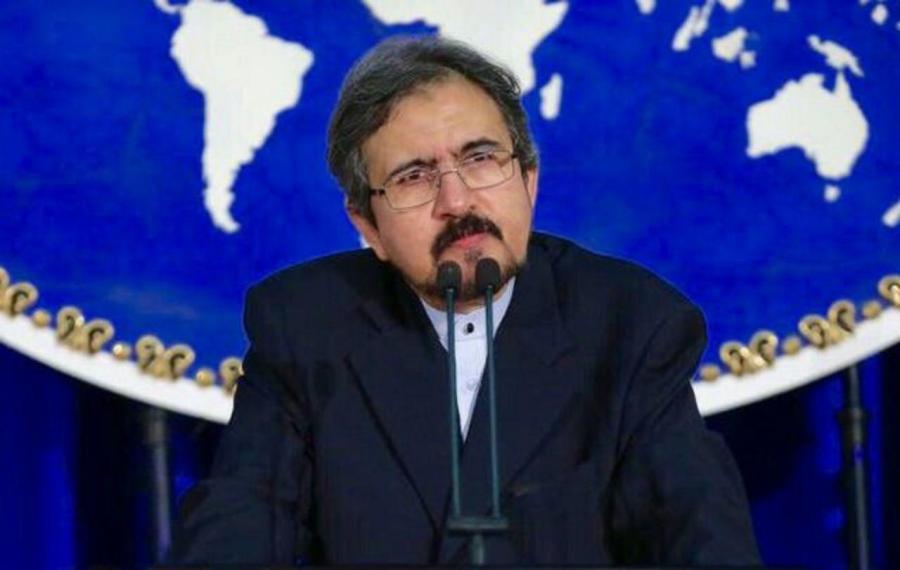
Iranian foreign ministry spokesperson said that the United States makes accusations against other countries with political intentions, saying “claim as to Iran’s interference in the U.S. midterm congressional election is false.” Bahram Ghassemi pointed out to recent claims, by the US intelligence, judiciary and security entities, about Iran’s interference in the midterm election in the United States, adding that“Islamic Republic does not meddle in other countries’ domestic affairs.”
IRNA
Beheshtipour: founding EU office, not in conflict with Iran’s interests
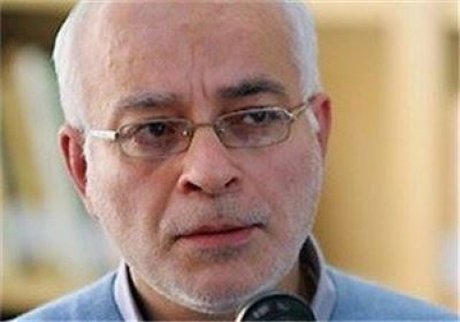
Expert in international affairs Hassan Beheshtipour said that although founding the office of European Union in Iran can be a positive measure, Iran has to wait for practical measures of Europeans with regard to the nuclear deal. He urged that if the Europeans take practical measures, then the office can be opened; but in so far as the Europeans have not done that, Iran has to wait for their actions.
ISNA
Ghassemi: Canada not ready to advance the relationship with Iran
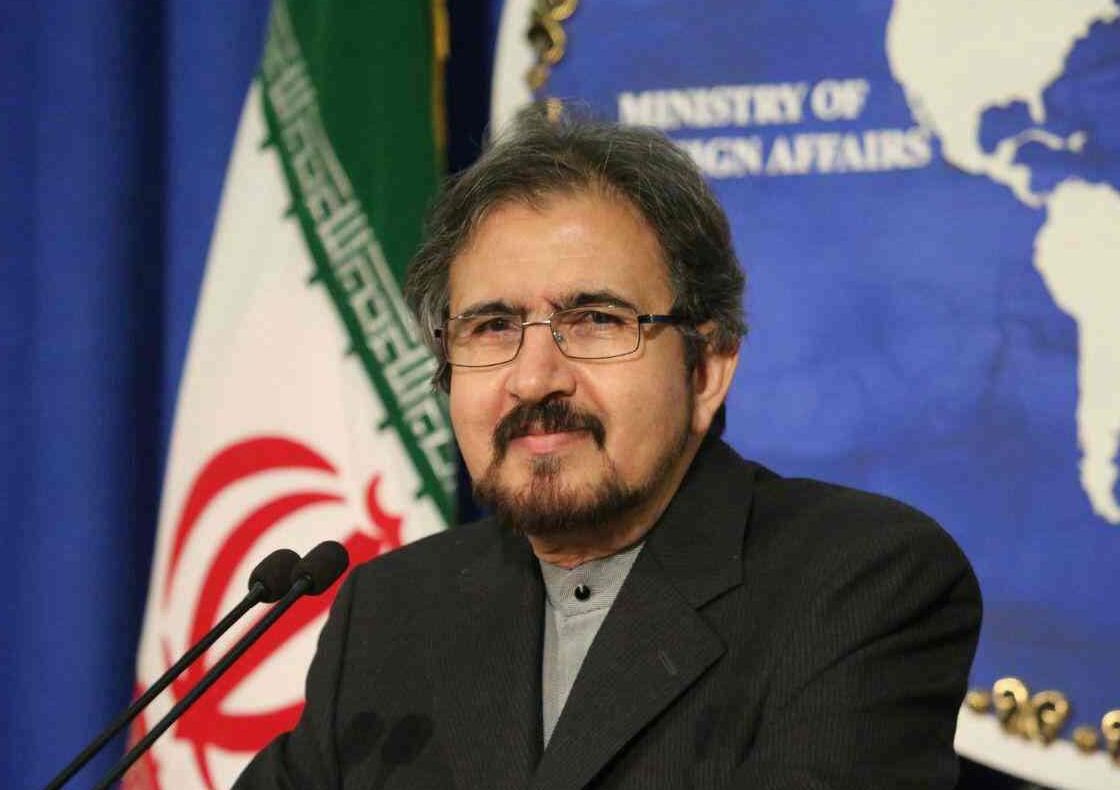
Iranian foreign ministry spokesperson said that the relationship between countries is mutual, urging that Tehran is ready for any talks leading to giving consulate services to Iranian community in Canada, but apparently, the Canadian government is not ready to advance this relationship. Bahram Ghassemi pointed out to the longstanding and profitable relationship between Iran and Canada, adding, “we still do not understand the reality of Canada cutting its relations with Iran unilaterally.”
IRNA
